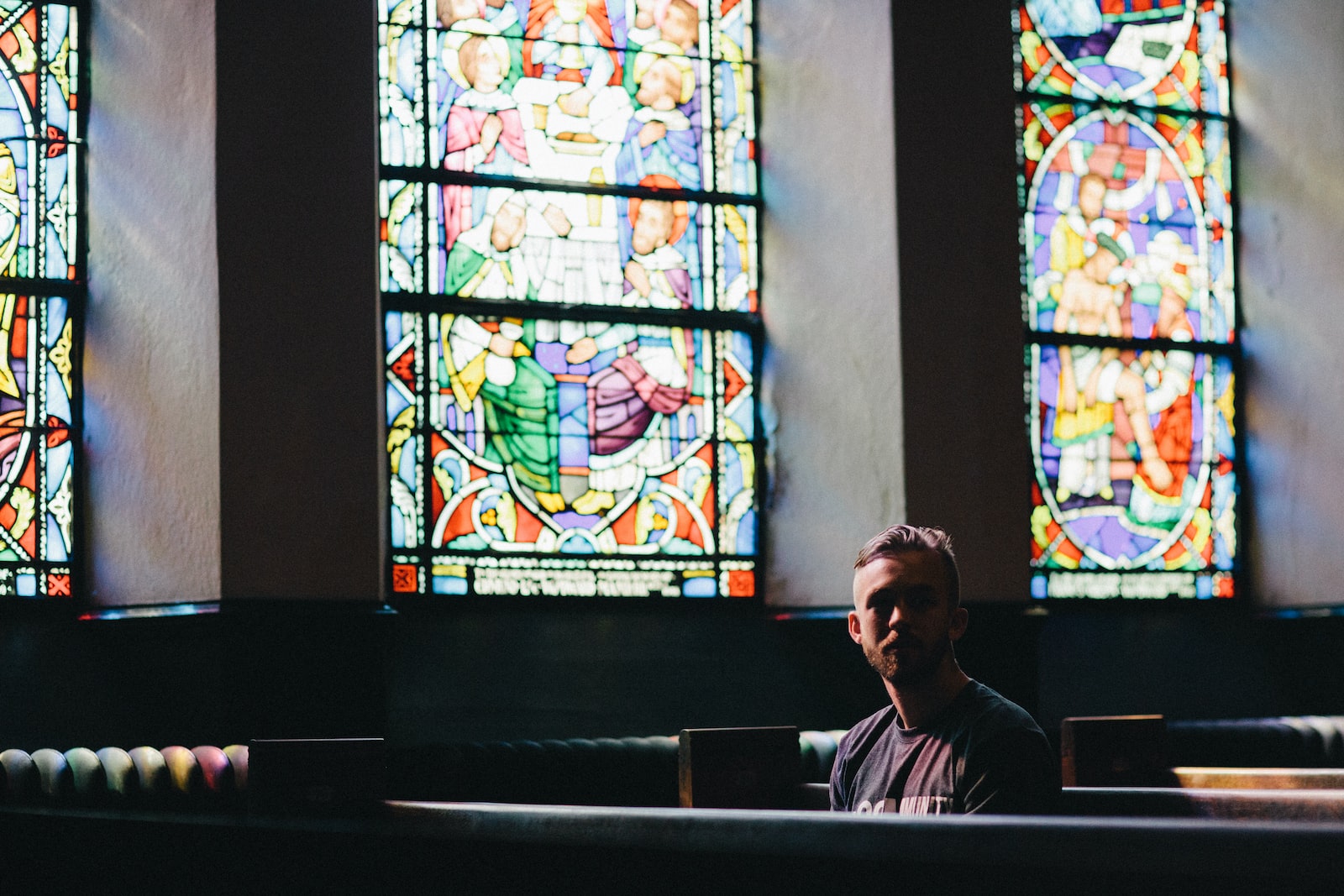
Rosalind Lund: Christianity is Now a Minority Religion! Does this change the way the Church of England sees itself?
December 1, 2022
Statement from Modern Church about the nomination of The Right Reverend Philip North, Suffragan Bishop of Burnley, as the next diocesan Bishop of Blackburn.
January 12, 2023Were I to give a single sentence of advice to young clergy, embarking on parish or chaplaincy life for the first time, it would probably be that Christian ministry begins with the pastoral, journeys into the theological and ends in the political. At least, that’s how I began my near 40 year relationship with Housing. There’s only so many times you can hear the same story from frightened parishioners before recognising that holding hands and uttering soothing words aren’t enough. Or, as the late Archbishop Desmond Tutu memorably put it, “There comes a time, after you’ve fished enough bodies out of the river, that you take a walk upstream to see who’s throwing them in”.
I got involved with Housing when British Coal began selling occupied homes in my then parish to private landlords. The horror stories I heard punctuated my funeral and baptism visits. I realised some alternative was necessary. Over the following years we purchased most of the remaining stock, first via a Housing Association then through setting up a Tenants’ Mutual Cooperative. Soon, I was on the Association Board, and began to realise that Housing was a more complex matter than simply bricks and mortar. That what lies implicit in Tutu’s aphorism is that the path upstream needs navigating. I would need to find my navigation aids in my Christian tradition.
Unfortunately, very little theological reflection on Housing was available beyond appeal to the Judgement scene in Matthew 25, which was used as a catch all for almost every social issue. I was disappointed, given that home and household underlie so much of the Old and New Testaments.
I found a good starting point in Chapter 25 of Leviticus, where the Jubilee laws work to redress the tendency of wealth and property to accumulate in ever fewer hands. The chapter includes what must be the oldest regulations for clergy housing ever produced – look it up! Much of the Old Testament, especially the Pentateuch, concerns itself with how to create and sustain community in ways that include both native Hebrews and resident foreigners. At the opposite end of the scriptures, the Pastoral Epistles set out a basis for Christian community that is modelled on the concept of Household – a collection of diverse but connected and interdependent individuals – which underpinned many of the social structures of the Roman Imperial world. Beyond scripture, the notion of the parish as a community joined together by neighbourhood, built on the concept of neighbour, again originates in Leviticus before being taken up famously by Jesus. These passages, along with my direct pastoral experience, led me to explore a number of theological themes, finding that they radiated out in a way reminiscent of Maslow’s hierarchy of needs.
The most basic requirements lie around personal safety and security. A home must provide protection for those who dwell in it and their most treasured possessions. This includes the ability to determine who, barring emergency, may enter. A dormitory bed, however preferable to exposure on the streets, will never be a home. Nor will a property to which the landlord has unrestricted access. For those at particular risk of domestic abuse, a safe room may be an essential.
Next, there must be appropriate security of tenure. Whilst owners and secured lenders must have some recourse to prevent the abuse or alienation of their property, a residence from which one can be thrown out at the whim of another, is not a home. A balance may not be easy to agree, as the debate over repealing the law permitting “no fault evictions” shows, but one must be found.
Next, the property must sustain health and dignity. The recent, tragic death of a young boy in Rochdale, his health destroyed by pervasive mould in a Housing Association property, highlighted the tendency for landlords to blame damp on the lifestyle of the residents, rather than a problem with the property. Clearly, the poorer and larger a family is, the more it may struggle with keeping a dwelling both warm and well ventilated. But a home must be maintained by the owner to a standard that keeps it healthy under all but the most extreme conditions of occupation. Decent bathroom and kitchen facilities, along with adequate insulation against noise generated both by neighbours and the external environment, come into this same category.
Beyond these, scripture teaches us that the home is to be a place of hospitality. Its space and facilities must allow for the receiving of guests and the provision of modest entertainment. A place where relationships can be fostered beyond those resident, with friendships forged and new connections made. For those in shared households, or living as lodgers, this can present a major, though not insurmountable, challenge.
Were the home to exist in isolation, we could stop there. But it doesn’t. We all live in a wider neighbourhood and community, which impinges on what makes a home.
Safety comes high on the agenda, whether the danger has human causes – high levels of crime, children being forced into gangs – or from risks such as those I have seen in parts of Africa, where whole villages live in the shadow of poorly secured mine tailings.
After safety, the location of the home must allow participation in the wider dimensions of life. Residents need to be able to access work, education, worship, leisure activities, social interaction and shopping. Some of these may be met in the immediate vicinity, others will require an adequate and affordable transport system.
Much of what I have written is captured, and summarised, in the Coming Home Report of the Archbishops’ Commission on Housing (https://www.churchofengland.org/about/archbishops-commissions/housing-church-and-community/about-coming-home). The Report’s identify five key requirements for good housing; that is be sustainable, safe, stable, sociable and satisfying. What I have sought to do here is not to repeat their work, but to offer a little more detail, and to locate Housing in the personal journey of one who has sought to make it a practical component of public ministry: pastoral, theological and political.
The Rt Revd Dr David Walker is the Bishop of Manchester, Honorary Professor of Anglican Studies at Bishop Grosseteste University and Deputy Chairman of Church Commissioners. He is also a Member of the UK House of Lords, speaking frequently on housing and issues in his home city, and Diocese, of Manchester.
Addendum: this from the Diocese of Oxford, is useful: https://d3hgrlq6yacptf.cloudfront.net/61f2fd86f0ee5/content/pages/documents/20211104-doc-social-justice-dwelling-places-v01.pdf





1 Comment
[…] before recognising that holding hands and uttering soothing words aren’t enough”. In a blog published by Modern Church, he offers a theological reflection on a Christian response, saying the principles are around […]